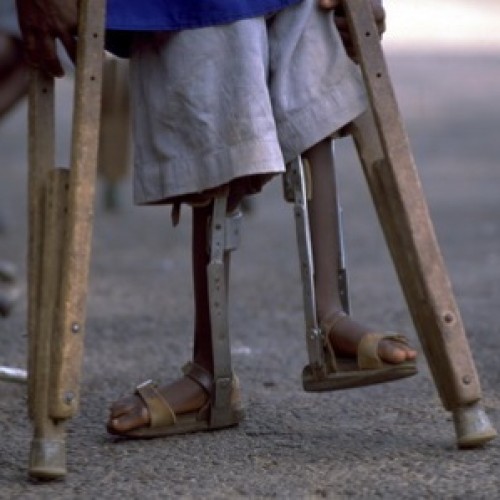Stop self-stigmatisation – Psychiatrist charges people managing mental illness
Medical Director and Psychiatrist-in-Chief, Pinnacle Medical Services, Dr Maymunah Kadiri, has charged Nigerians managing mental health to stop self stigmatisation, saying it does more harm than societal stigmatisation.
Speaking at the maiden edition of Vanguard Mental Health Summit today on the topic: ‘Overcoming stigma and discrimination associated with mental disorders through rehabilitation’, Dr. Kadiri described self-perceived stigmatisation as negative attitudes, including internalized shame, that people with mental illness have about their own condition.
“Stigma not only directly affects individuals with mental illness but also the loved ones who support them, often including their family members.”
She also emphasized that negative self attitudes and beliefs towards people who have a mental health condition are common.
Describing stigma, she said it is when someone views someone in a negative way because the person has distinguishing characteristics or personal traits that’s thought to be, or is a disadvantage, a stereotype.
Kadiri said: “Stigma can lead to discrimination which be obvious and direct, such as someone making a negative remarks about your mental illness or your treatment.
“It may be unintentional or subtle, such as someone avoiding you because the person assumes you could be unstable, violent or dangerous due to your mental illness. You may even judge yourself,” Kadiri said.
Itemizing types of stigma, she said they are divided into three
She said: “Social or Public stigma which involves the negative discriminatory attitudes, self-stigma and institutional stigma.
“Institutional stigma is more systematic, involving policies of government and private organizations that intentionally limit opportunities for people with mental illness.”
According to her, common signs of stigma include: “Paying more attention to the symptoms and effects of mental illness than you do on other aspects of yourself.
“Caught yourself over thinking the words, actions, and nonverbal behavior of others, knowing that you’re not measuring up.
“Notice self-derogatory thoughts running through your mind among others.”
Explaining how to cope with stigma she said the individual should get treated.
“Don’t let stigma create self-doubt and shame, don’t isolate yourself or equate yourself with your illness. Then join a support group like local and international groups.
“Also, get help at school and speak out against stigma,”Kadiri said.















0 Comments
No Comments Yet!
You can be first to comment this post!